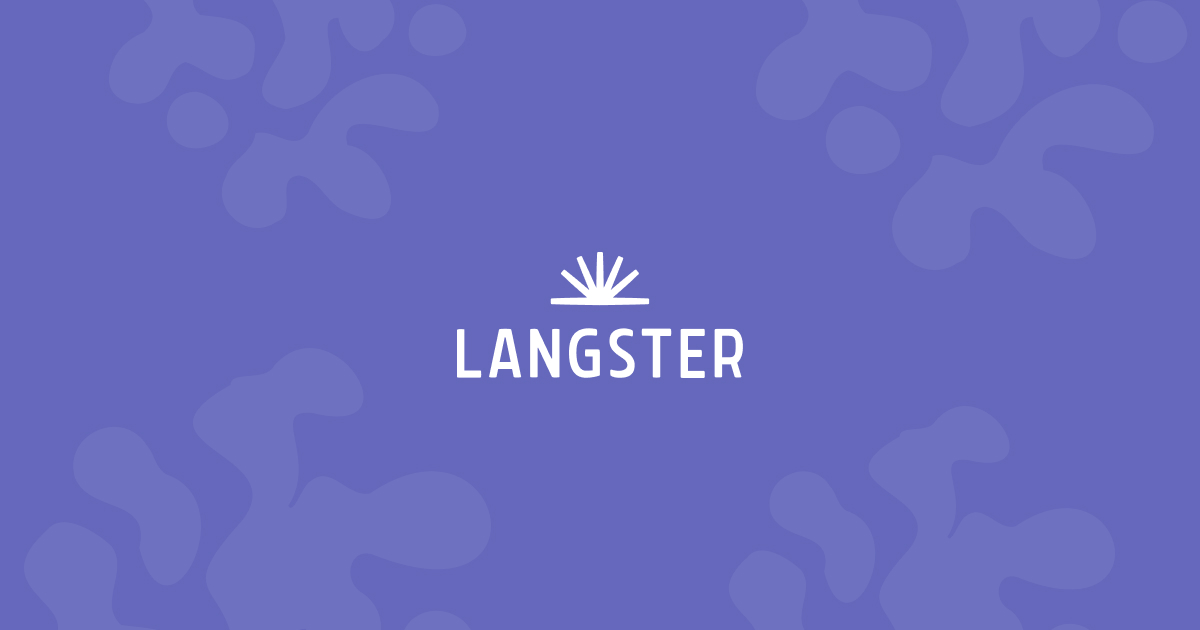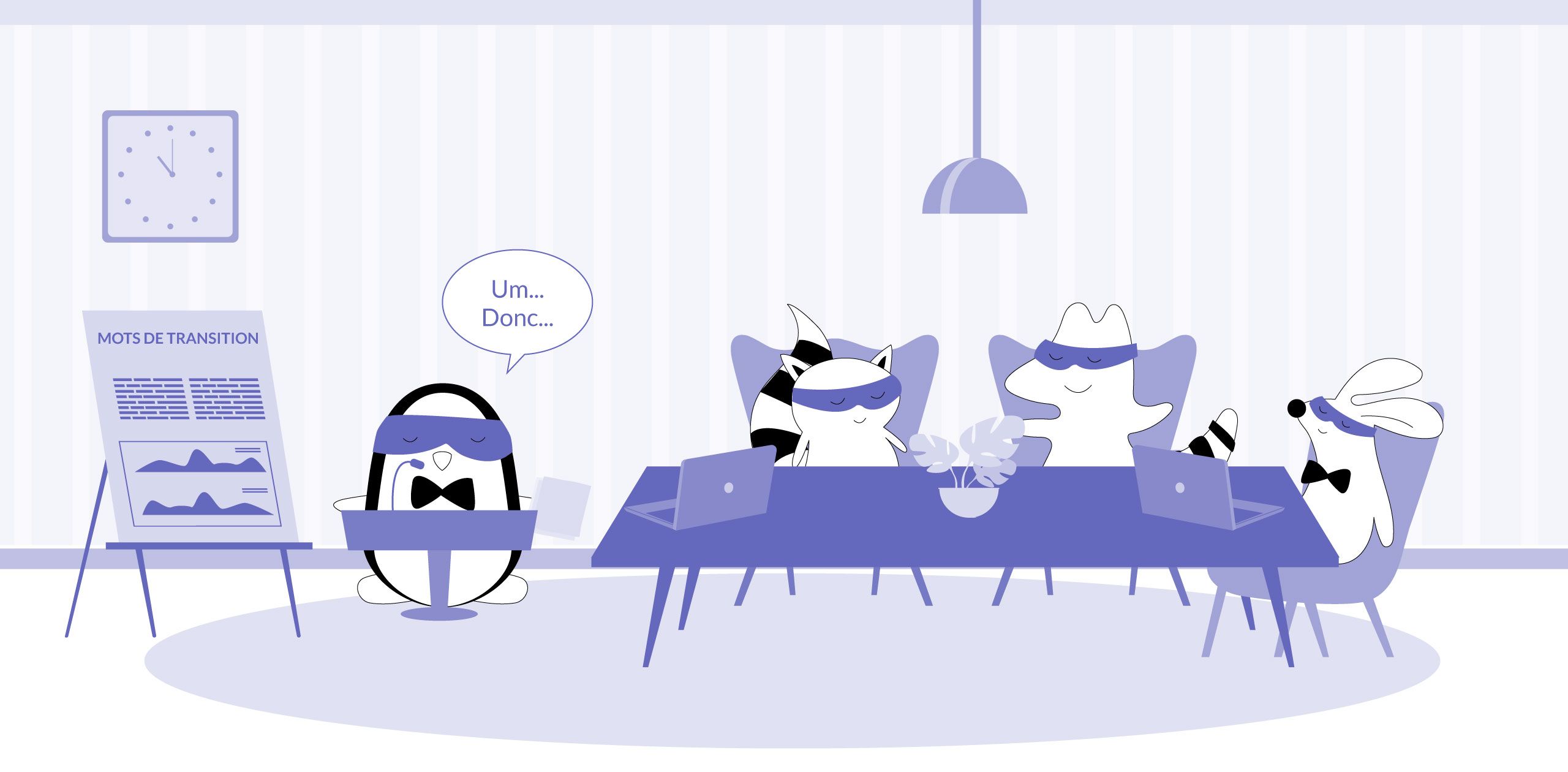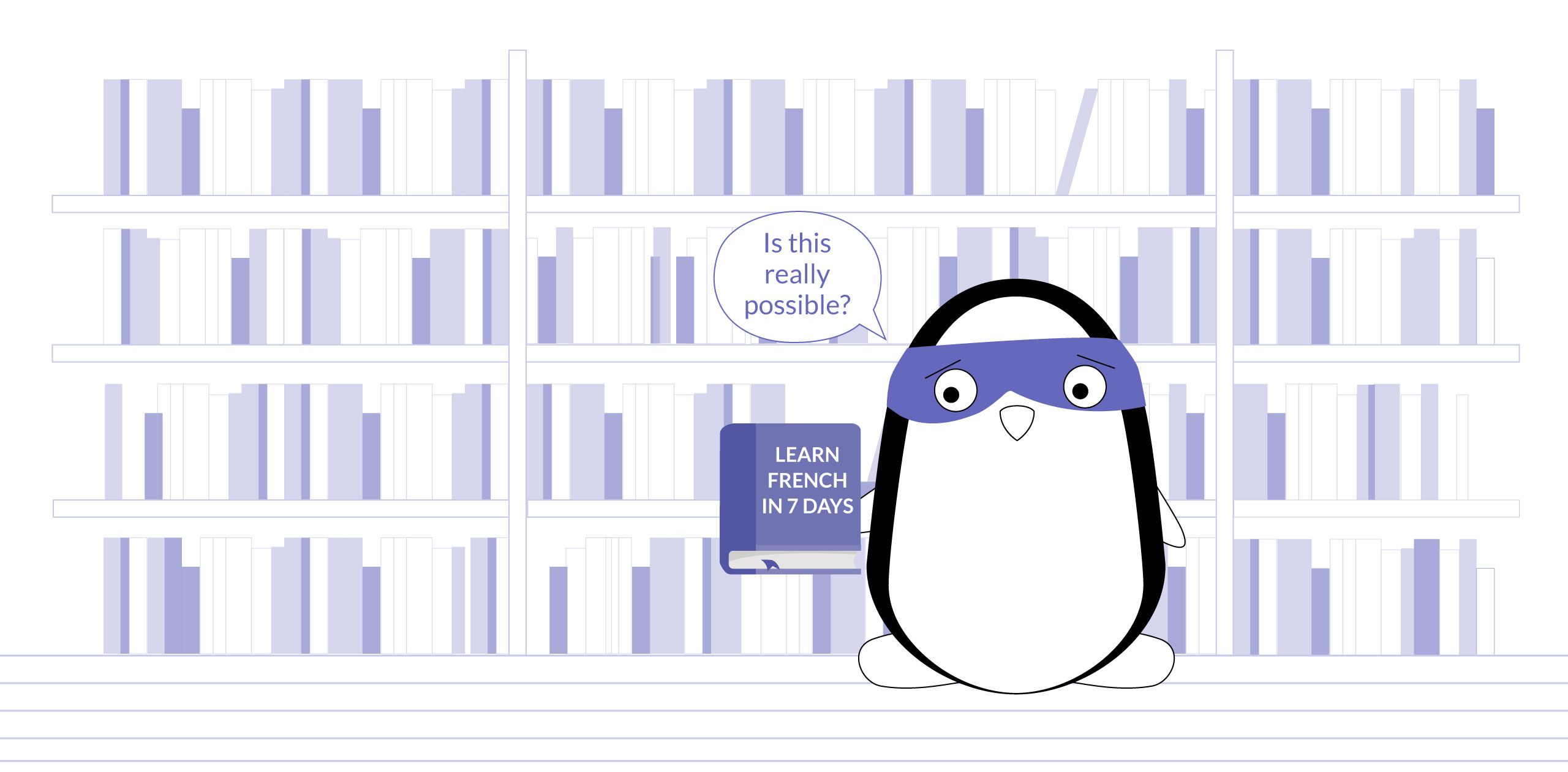
Estimates say it takes about 90 hours of study to reach a basic level of proficiency in French. This averages out to about 30 minutes a day for six months. Of course, this is just a general estimate and your mileage may vary. Some people may be able to learn French quickly, while others may take a long time.
There are a number of factors that can affect how long it takes you to learn French. In the article below, let’s discuss them and set realistic expectations for your own learning process. Discover the best tips for learning French faster – and make sure that you can become fluent as quickly as possible. Read on.
Basic Numbers: Learning the French Level According to CEFR
The Common European Framework of Reference for Languages, or CEFR, is a guideline that measures language proficiency. According to this framework, there are six levels of any foreign language ability, from A1 (beginner) to C2 (mastery).
CEFR also outlines the skills and abilities that are required at each level. For instance, at the A1 level, you should be able to understand and use very basic expressions related to areas of immediate need, while on C1, you should be able to fully express yourself on complex topics.
As you progress to higher levels, you will be able to understand more complex expressions and have more in-depth conversations. You will also be able to read and write in French with increasing accuracy. However, each level requires a lot of learning hours – let’s see how many, according to CEFR.
A1
A French learner on A1 level should be able to hold basic conversations, know about common greetings and farewells, be able to ask and answer simple questions, and be familiar with basic grammar structures.
Communication with other people on this level is very simple, mostly limited to saying “Hello” and “Goodbye.”
In order to achieve this level, a person needs to study for around 80-100 hours.
A2
After getting to the A2 level of proficiency in French, a learner should be able to understand sentences and frequently used expressions related to everyday tasks.
You should also be able to communicate regarding simple and routine tasks that require a direct exchange of information on familiar topics – for example, housework, ordering food, getting directions, or simple work-related topics.
To get to this level, you will need additional 100-120 hours of study, which, in total, get us 180 to 200 learning hours.
B1
The next level, B1, is where things start to get really interesting. After reaching this level in French, you will be able to construct full French sentences, as well as communicate clearly on many everyday topics.
This should make traveling to French-speaking countries easier, and it also should help you understand important people’s opinions and give you the ability to respond.
This level will require an extra 150-180 hours of study, which totals us up to 350-400 learning hours.
B2
At the B2 level, a learner can understand the main ideas of complex text on both concrete and abstract topics, including technical discussions in certain specialized fields. You should also be able to interact with a degree of fluency and spontaneity that makes regular interaction with native speakers possible without strain for either party.
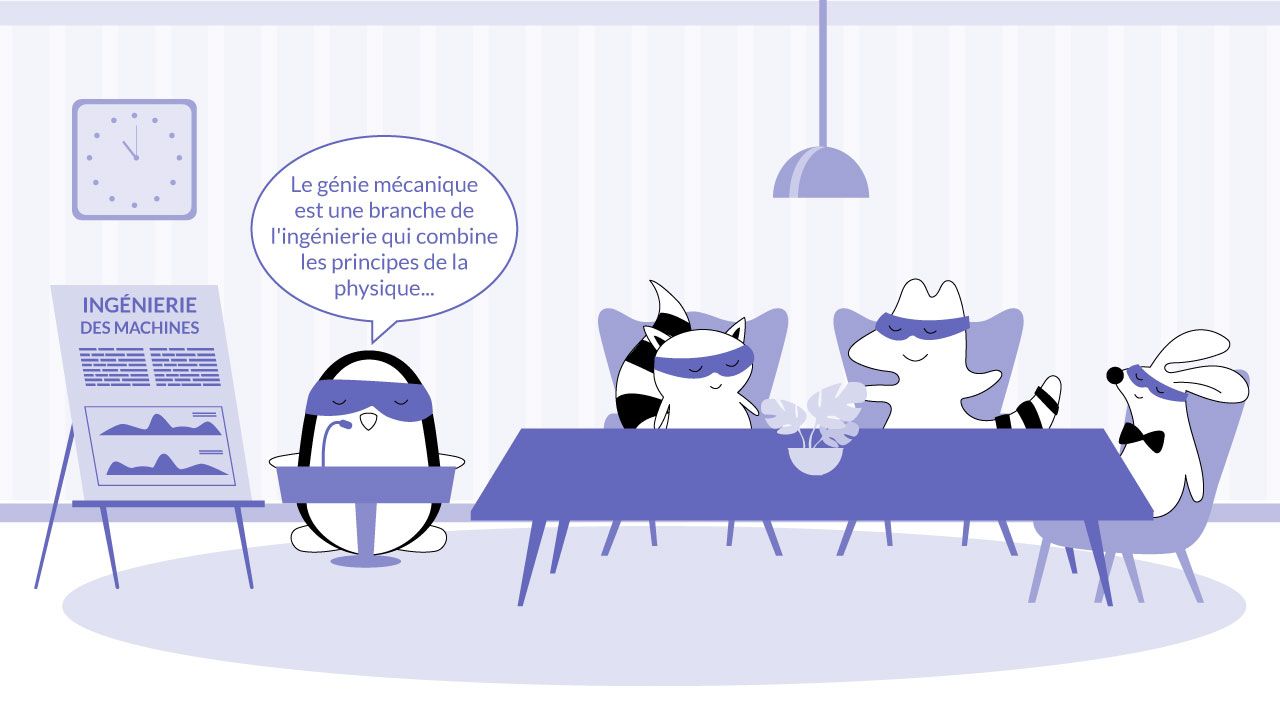
If you want to get to B2, you will need to study for an extra 200-250 hours, which totals us up to 600-650 learning hours in total.
C1
The C1 level is the point where your French is good enough to express yourself fluently and spontaneously, without having to search for words too often. You should also be able to use the language flexibly and effectively for social, academic, or professional purposes.
You also should know a lot about French culture and be able to talk to a native French speaker about local customs.
To get here, an extra 250-300 hours of study are required – so we’re talking about a grand total of 850-900 learning hours needed to achieve proficiency in French according to CEFR guidelines.
C2
The highest level of proficiency, C2, is the level at which you can communicate in the language as well as a native speaker does. At this level, you should be able to understand almost everything you read or hear. You should also be able to reproduce the nuances of the language like idiomatic expressions.
If you want to get to C2, you need to put in some work in the process – however, the learning hours are variable. We can’t say how much time you would need to get to this point.
What Affects The Learning Process?
As you can see, according to CEFR guidelines, it takes quite a lot of time and effort to achieve proficiency in French – more than 900 hours in total.
However, these are only estimates – in reality, the amount of time you will need to spend learning French depends on a number of factors. Let’s see what they are.
Where Are You Starting?
First and foremost, your starting point matters. If you already know some French at an A1 level, getting to the next level will be easier for you – you can expect to understand up to 30% of the language from the get-go.
On the other hand, if French is your first foray into the world of foreign languages, the task might seem more daunting.
In addition to that, many people say that how good you are at learning new things in general makes a difference. If you’re someone who picks up new skills quickly, you can expect to learn French faster than someone who needs more time to absorb new information.
However, you can’t know how good you are at learning French until you’re in the process of it. And even then, problems can occur even for the people with a talent for linguistics.
Time and Regularity of the Studies
Then there’s the question of how much time you can devote to learning French. If you can study for several hours every day, you will progress faster than someone who can only spare a few minutes each day.
It’s also important to be consistent with your studies. If you learn for several hours one day and then take a break for a week or even a month, it will take longer for you to reach proficiency. You need to create a regular habit of learning if you want to make fast progress.
Don’t worry, though – you don’t have to learn every day. Create a schedule that works for you – lessons two or three times a week can make a difference if you’re taking them regularly.
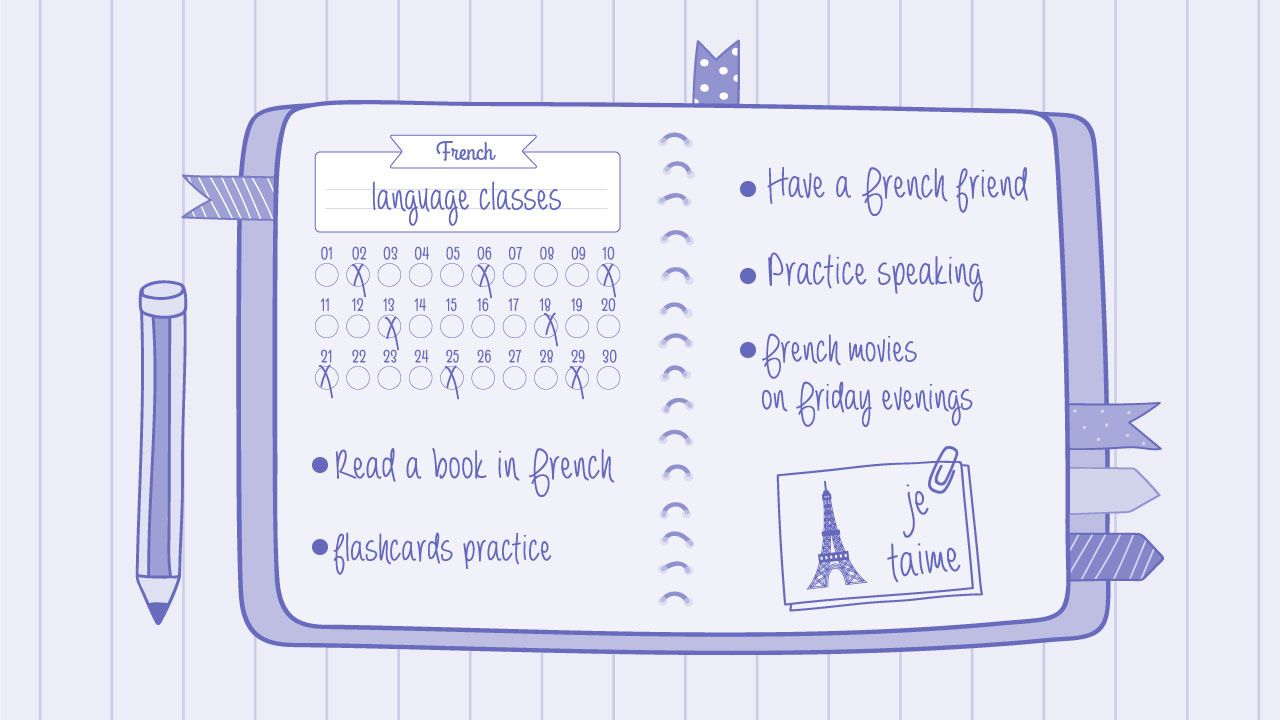
Method of Learning
The learning method you use matters as well. There are many different ways of learning French out there – and some are more effective than others. In general, the methods that include speaking and listening practice tend to be more successful than those that focus on grammar rules and vocabulary lists.
This is because speaking and listening help you build up your confidence using the language. When you’re able to actually communicate in French, you’re more likely to keep studying – even when the going gets tough. It also makes remembering vocabulary and grammar easier because you learn it in context.
Grammar rules and vocabulary lists, on the other hand, can be quite dry and boring. If you’re not enjoying your studies, it will be much harder to stick with them in the long run.
Are You Learning In A Class Or On Your Own?
Another important factor that affects how quickly you learn French is whether or not you’re taking a class.
Of course, learning in a structured environment with a qualified teacher has its advantages – it’s really helpful to have somebody to correct your mistakes and guide you through the language. But it also has its downsides – classes can be expensive, and they might not always fit into your schedule.
If you decide to go it alone, you can learn at your own pace and in your own time. However, it might be harder to stay motivated, and you might not always know if you’re doing things right.
The good news is that there are many resources available online that can help you with self-study – from grammar exercises to pronunciation practice. You can also find French-speaking friends or language exchange partners to practice with both in-person and online.
Other Languages You Know
The other languages you know can also make a difference. If you already speak a Romance language, such as Spanish or Italian, or if that’s your native language, you might find learning French easy because some of the grammar rules and vocabulary are similar.
On the other hand, if you have no background with Romance languages, it might take a bit longer to get used to the new way of thinking. Fortunately, knowing even one or two European languages – such as English – can still make a difference, so let this motivate you.
Motivation and Attitude
Finally, your motivation and attitude towards learning French matter a lot. If you’re enthusiastic about the language and you really want to learn it, you will progress much faster than someone who is only doing it because they have to.
It’s also important to be patient – learning a new language takes time, and there will be setbacks along the way. However, as long as you keep at it and don’t give up, you will eventually reach your goal.
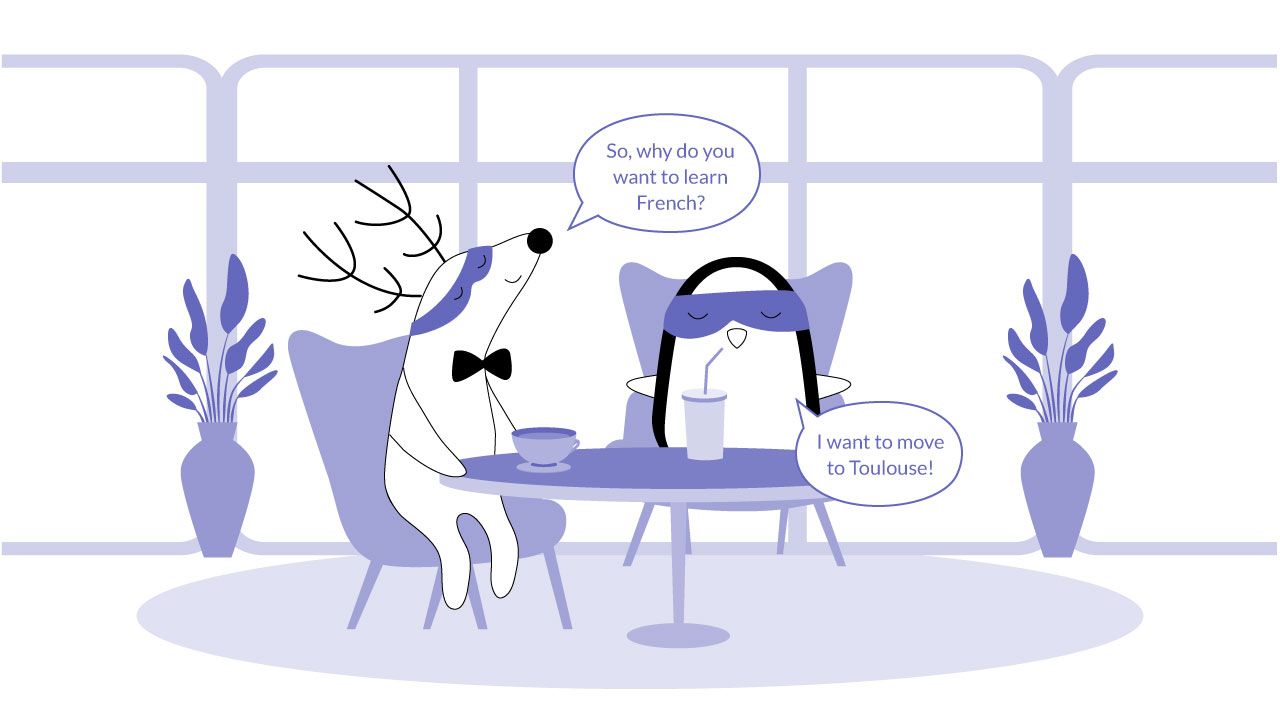
5 Tips to Learn French Faster
As you can see, there is no clear estimate on how long it can take one to learn the French language. But this doesn’t mean that there isn’t a way to boost the learning process yourself.
Based on what we have learned above, here are five helpful tips to make sure that you can speak French fluently as quickly as it is only possible in your personal situation.
1. Choose the right method. There are many different ways to learn French, and not all of them work equally well for everybody.
You need to find a method that is enjoyable and effective for you – this might mean trying out several different approaches before you find one that sticks. This will keep you motivated and help achieve the best results within the best time.
2. Set achievable goals. When you’re starting out, it’s important to set realistic goals for yourself – don’t try to learn everything overnight! Start with basic phrases and grammar rules, and then gradually build up your knowledge from there.
3. Practice regularly. In order to progress quickly, you need to make language learning a regular habit. Even if it’s just 10 or 15 minutes per day, if you do it consistently, you will see results over time.
4. Create a supportive environment. If you want to learn French, it helps to surround yourself with the language as much as possible. This means listening to French music and podcasts, watching TV shows and movies in French, and reading books and articles in the language. Not only is this helpful, it’s also fun!
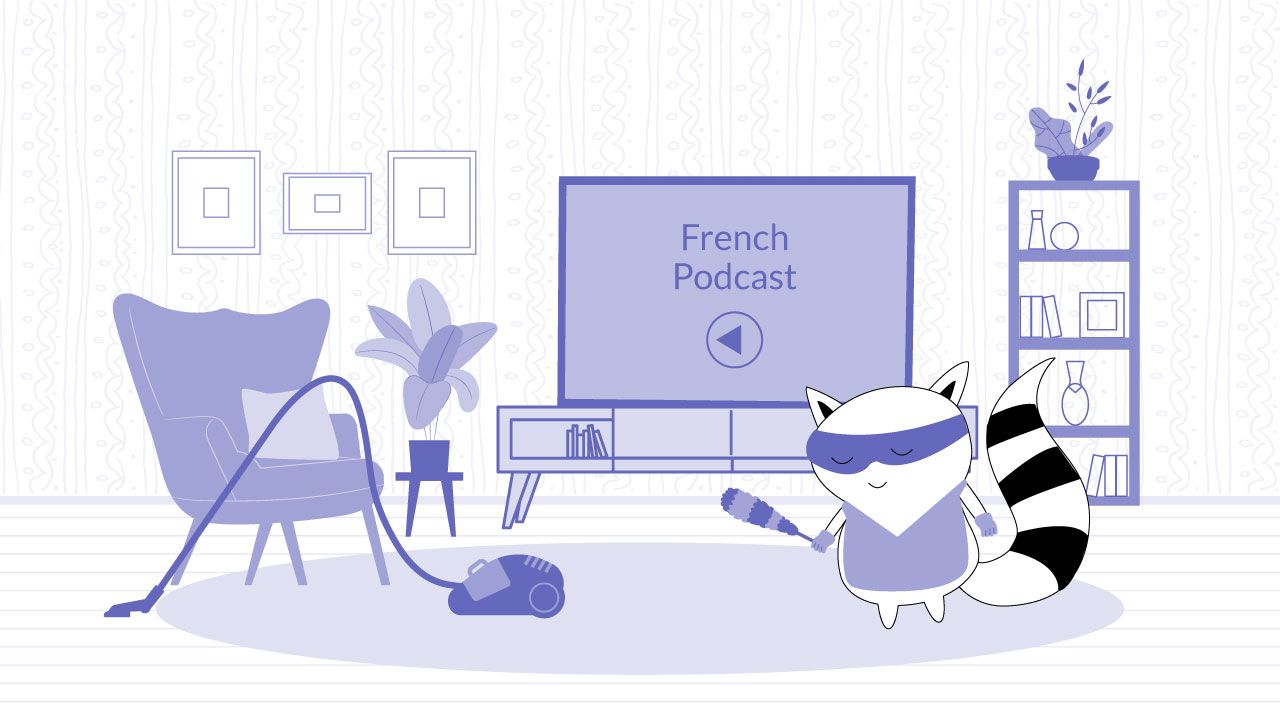
5. Find a learning buddy or tutor. As we have mentioned before, one of the advantages of taking a class is that you have somebody to help you with your studies. But even if you’re learning on your own, you can still find a tutor or language exchange partner to practice with on a regular basis.
So, How Long Does It Take To Learn French?
As we’ve seen, there is no simple answer to this question. The amount of time it takes to learn French depends on many different factors.
However, if we had to give a general estimate, we would say that it usually takes around 6 to 12 months to reach a basic level of proficiency (with regular studies!), and 1 to 2 years of consistent work to become fluent.
Of course, this is just a rough estimate – some people might learn faster, while others might take longer to learn. Many people also need to take breaks to keep themselves motivated, which is not included in our estimate. The best thing you can do is to stop thinking about time and learning hours – and focus on the process.
Try to enjoy learning French as much as possible, and take every opportunity to learn in a fun way. Learn French words via a fun language app, visit a French-speaking country, chat with native French speakers online, or simply watch French movies in your free time.
This will take your mind off the strict schedule you might have set for yourself, let you ease – and, thanks to this, boost the learning process as much as possible.







